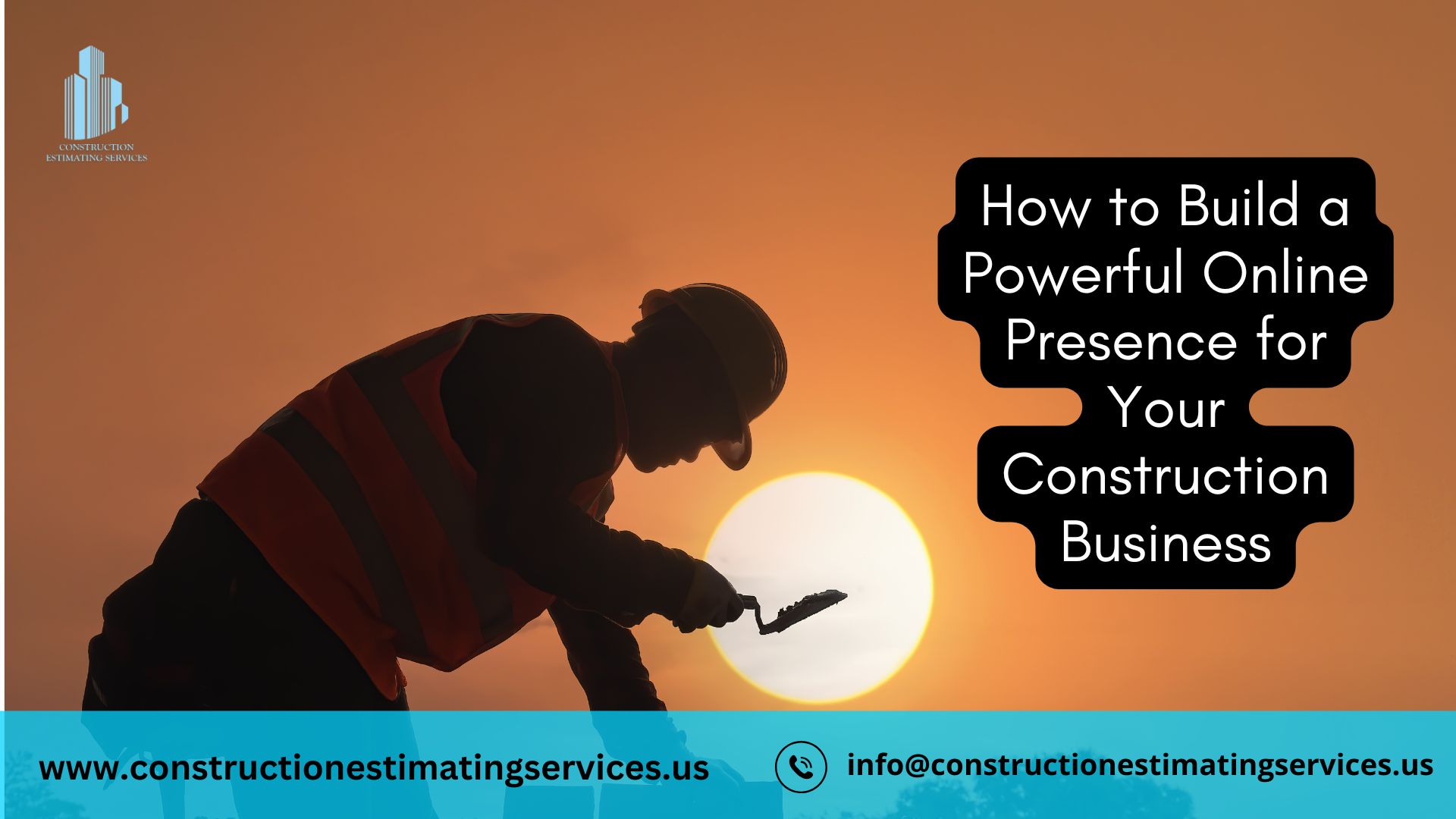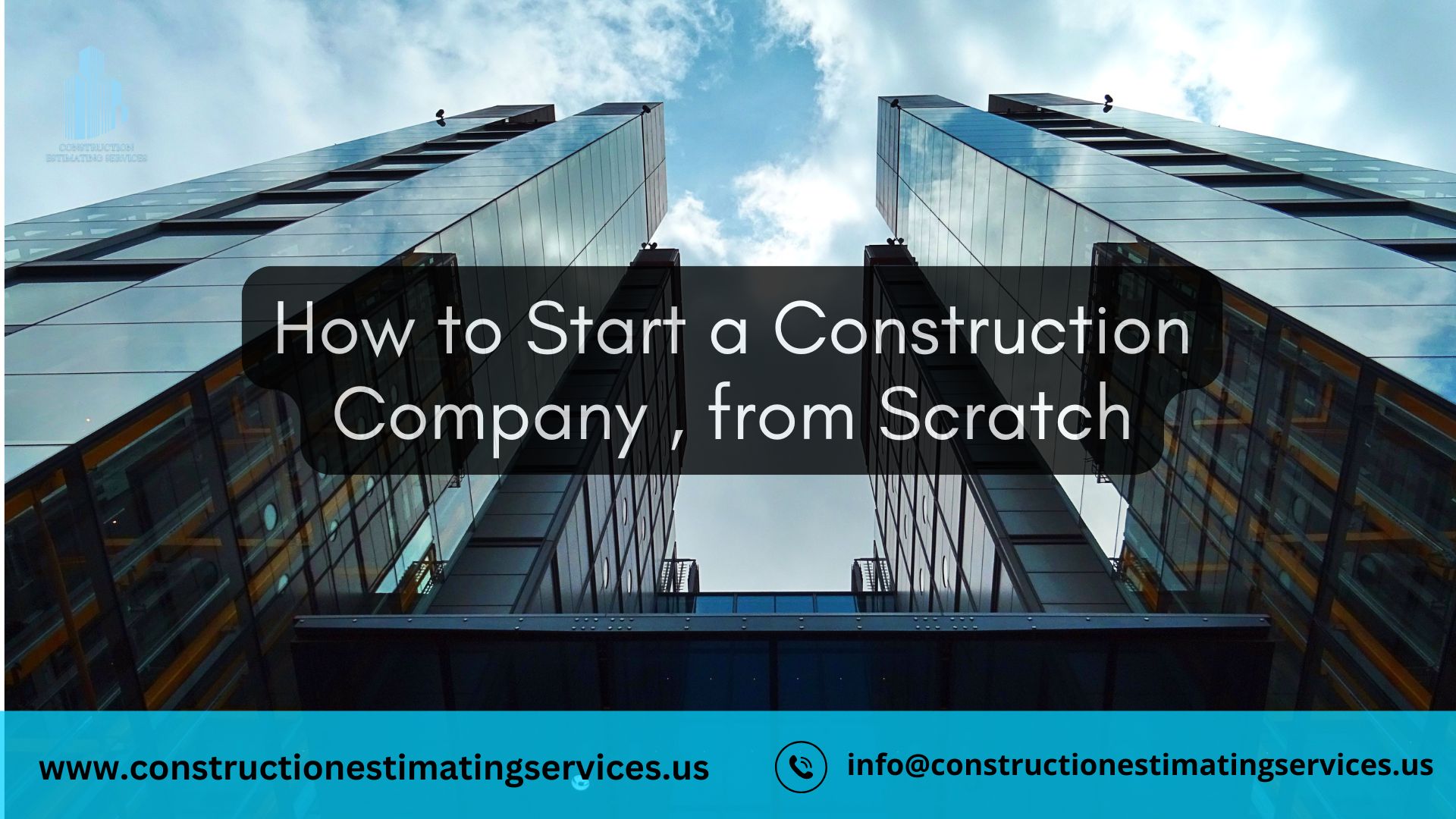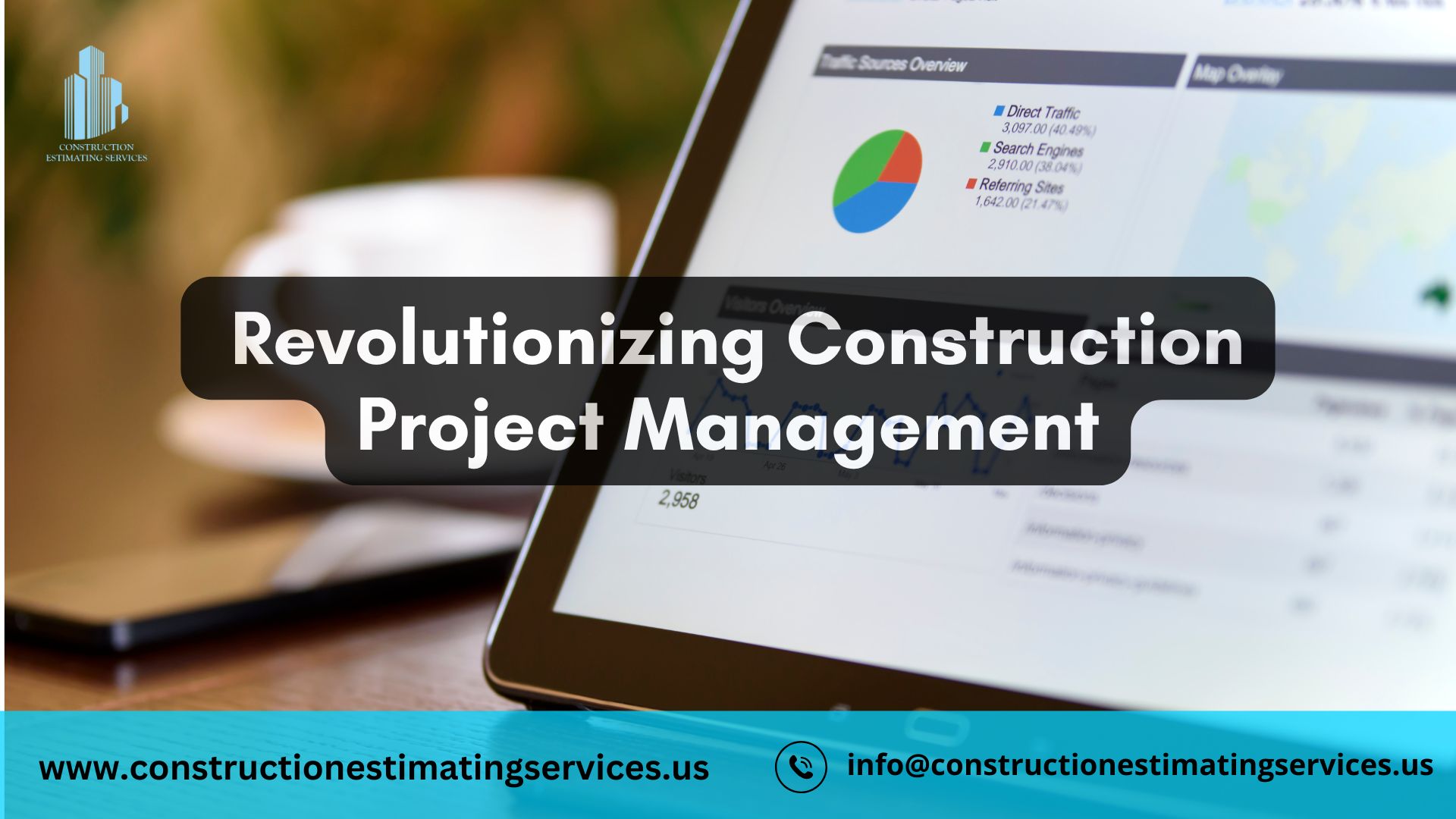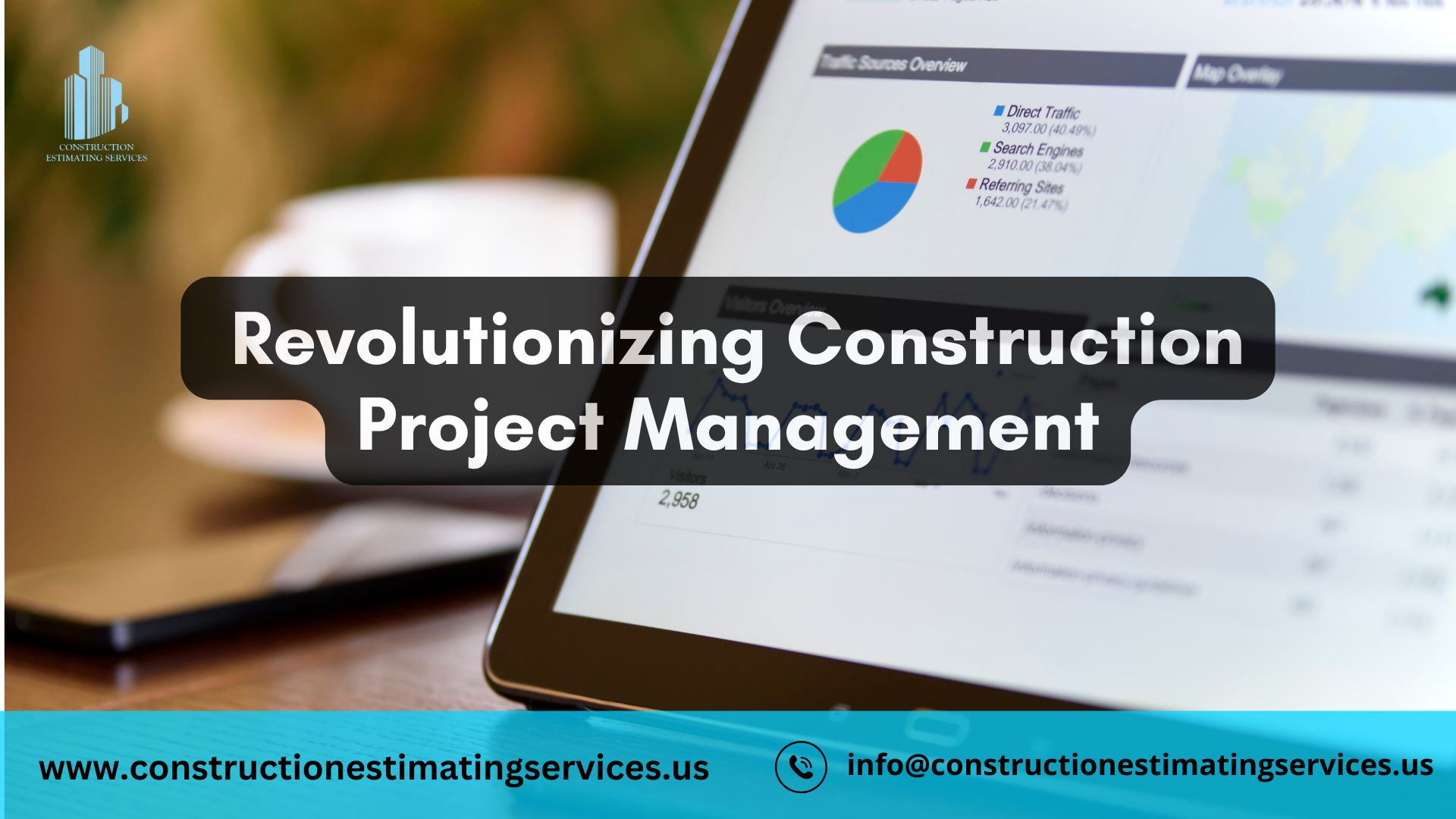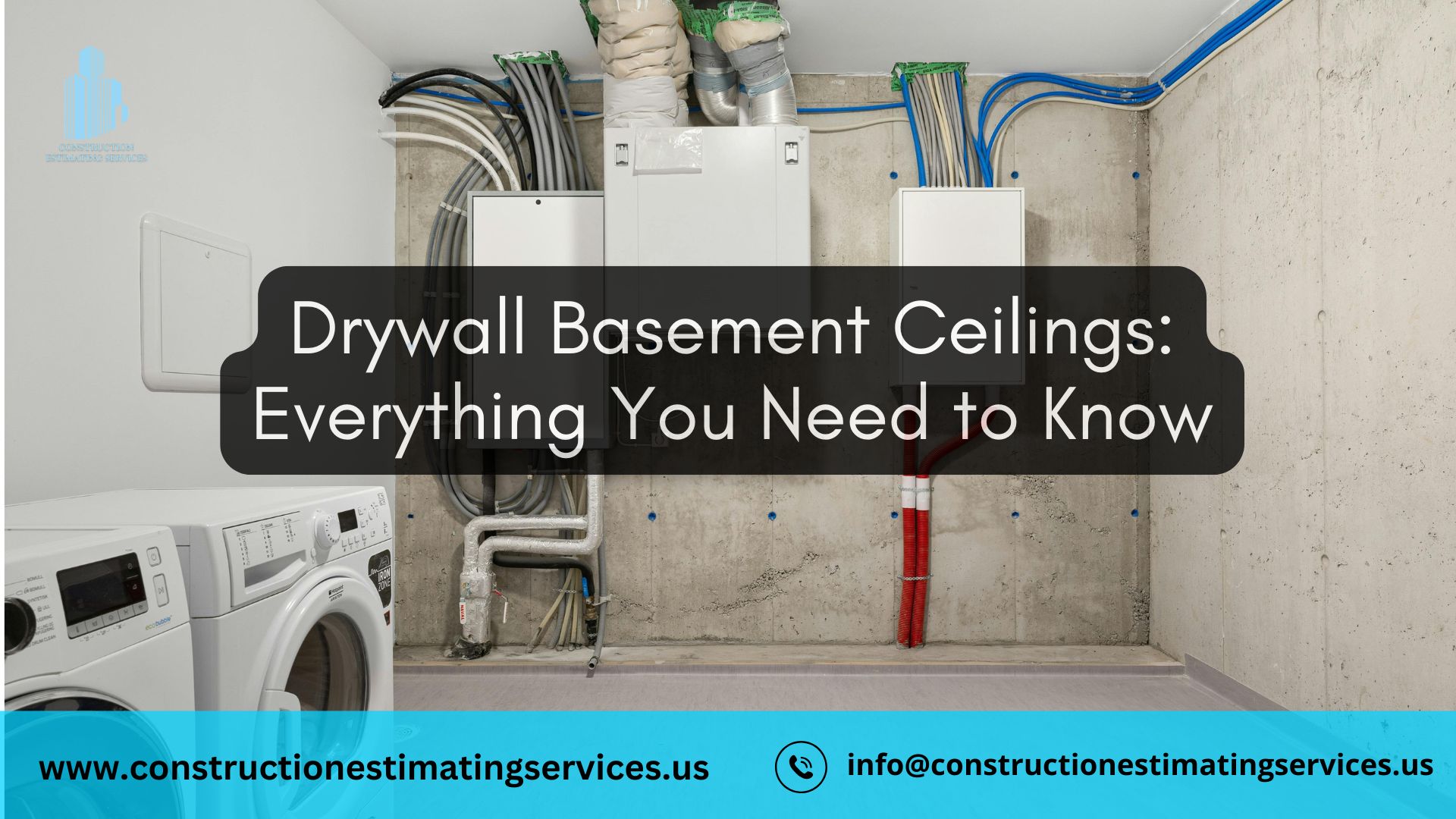How to Build a Powerful Online Presence for Your Construction Business
Introduction
In today’s digital age, a robust online presence is not just a luxury but a necessity for construction businesses that want to stay competitive. Leveraging digital tools can significantly elevate your construction business, from showcasing your expertise to attracting potential clients. This comprehensive guide outlines actionable steps to build a strong online presence that drives growth and engagement.
The Importance of Online Presence in the Construction Industry
The construction industry has traditionally relied on word-of-mouth and offline marketing. However, the shift towards digital platforms has transformed client behaviors and expectations. A well-crafted online presence allows construction businesses to:
- Showcase their projects and expertise.
- Build trust and credibility.
- Reach a wider audience.
- Streamline client interactions.
How Digital Impression Impacts Client Decisions
First impressions matter, especially online. Your digital presence often serves as potential clients’ first point of contact. A poorly designed website or inactive social media profile can deter clients, while a professional and engaging online persona can instill confidence and encourage inquiries.
Understanding Your Target Audience
Identifying Your Ideal Clients
Understanding who your ideal clients are is the cornerstone of an effective online strategy. Are you targeting homeowners, commercial property developers, or municipal contracts? Each group has unique needs and expectations.
Understanding Their Online Behavior
Once you identify your target audience, study their online habits. Do they frequent social media platforms like Instagram for visual inspiration, or do they rely on LinkedIn for professional networking? Knowing where your audience spends their time helps in focusing your efforts.
Tailoring Content to Meet Their Needs
Create content that addresses their pain points and interests. For instance:
- Homeowners might appreciate blogs on “Top Home Renovation Tips.”
- Commercial developers may prefer case studies on large-scale projects.
- Municipal clients could value transparency and certifications.
Crafting a Professional Website
Why Your Website Is Your Digital Foundation
Your website serves as the central hub for your online presence. It’s where potential clients learn about your services, view your portfolio, and contact you. A professional, user-friendly website builds credibility and ensures a seamless client experience.
Essential Features for Construction Websites
Homepage
Your homepage is the face of your website. It should be visually appealing, with a clear call-to-action (CTA) directing visitors to explore or contact your services.
Services Pages
Detail each service you offer with compelling descriptions, benefits, and visuals. Ensure clarity and organization to facilitate navigation.
Portfolio and Case Studies
Showcase your completed projects with high-quality images and case studies that highlight challenges, solutions, and results.
Contact Information
Provide multiple contact options, including a form, phone number, email address, and physical location if applicable.
Responsive Design and Mobile Optimization
A significant portion of web traffic comes from mobile devices. Ensure your website is mobile-friendly with responsive design to offer a seamless browsing experience.
SEO Basics for Construction Websites
Search engine optimization (SEO) helps your website rank higher in search engine results, increasing visibility. Focus on:
- Relevant keywords like “construction services in [City],” “home renovations,” etc.
- Fast loading times.
- Quality backlinks from reputable sources.
- Regularly updating content to keep it fresh and relevant.
Leveraging Social Media
Choosing the Right Social Media Platforms
Not all platforms are created equal. Select platforms that align with your business goals and target audience:
- Facebook: Ideal for community engagement and local outreach.
- Instagram: Great for sharing visual content like project photos and time-lapse videos.
- LinkedIn: Perfect for connecting with industry professionals and corporate clients.
Building a Consistent Brand Voice
Maintain a consistent tone and style across all platforms. Whether it’s professional, friendly, or informative, your brand voice should reflect your company’s values and mission.
Creating Engaging Visual Content
Visual content is key to capturing attention on social media. Focus on:
- Before-and-After Photos: Showcase transformations to highlight your skills.
- Time-Lapse Videos of Projects: Offer a behind-the-scenes look at your process.
Using Local SEO to Attract Nearby Clients
Claiming and Optimizing Google My Business
A Google My Business profile increases your visibility in local searches. Fill out all fields, add images, and keep your information up to date.
Incorporating Local Keywords
Use location-specific keywords like “construction services in [City]” or “[City] home renovation experts” in your website and blog content.
Encouraging Client Reviews
Positive reviews on platforms like Google and Yelp enhance your credibility. Encourage satisfied clients to leave feedback and respond promptly to reviews, whether positive or negative.
Developing a Content Marketing Strategy
The Role of Blogs in Educating Potential Clients
Blogs are a powerful tool to address common client questions and establish your expertise. Topics like “How to Budget for a Home Renovation” or “Top Trends in Commercial Construction” can attract and engage readers.
Video Content to Showcase Expertise
Videos can effectively communicate your capabilities and process. Consider creating:
- Project walkthroughs.
- How-to guides.
- Client testimonials.
Using Infographics to Simplify Complex Concepts
Infographics make complex data easy to understand and share. Use them to explain processes like permit acquisition or the benefits of energy-efficient construction.
Email Marketing for Lead Nurturing
Building an Email List of Interested Clients
Offer valuable resources like eBooks or free consultations to encourage visitors to sign up for your mailing list.
Creating Newsletters with Value-Driven Content
Send regular newsletters with tips, updates, and industry news to keep your audience engaged.
Promotions and Follow-Ups to Convert Leads
Use email campaigns to promote seasonal offers, discounts, or follow up with potential clients who have expressed interest.
Online Advertising to Boost Visibility
Running Pay-Per-Click (PPC) Campaigns
PPC ads on platforms like Google Ads can drive targeted traffic to your website. Use specific keywords to attract high-intent clients.
Social Media Advertising for Targeted Outreach
Platforms like Facebook and Instagram offer robust targeting options to reach your desired audience based on location, interests, and demographics.
Tracking and Optimizing Ad Performance
Monitor metrics like click-through rates (CTR) and conversions to refine your ad strategies and maximize ROI.
Building Credibility and Trust Online
Showcasing Certifications and Awards
Display any certifications, memberships, or awards prominently on your website and social media to reinforce your expertise.
Highlighting Client Testimonials and Reviews
Gather and showcase positive feedback from satisfied clients. Authentic reviews can significantly influence potential clients’ decisions.
Publishing Case Studies of Successful Projects
Case studies offer in-depth insights into your problem-solving capabilities and project outcomes, helping to build trust with prospective clients.
Analytics and Continuous Improvement
Tracking Website Traffic and User Behavior
Use tools like Google Analytics to monitor how visitors interact with your website. Identify pages with high bounce rates and optimize them.
Measuring Social Media Engagement
Track likes, shares, comments, and other engagement metrics to understand what content resonates with your audience.
Using Data to Improve Digital Strategies
Analyze data regularly to identify trends and refine your online presence strategies for better results.
Conclusion
Building a powerful online presence is a continuous process that requires strategic planning and consistent effort. By implementing these strategies, your construction business can attract more clients, establish credibility, and stay ahead of the competition. A robust online presence not only boosts your visibility but also lays the foundation for long-term success.
FAQs
Why is having an online presence critical for construction businesses?
An online presence enhances your visibility, builds trust, and helps you connect with a broader audience, ultimately driving more leads and conversions.
What is the most effective social media platform for construction companies?
The best platform depends on your target audience. Facebook and Instagram are great for visual storytelling, while LinkedIn is ideal for professional networking.
How can I make my website stand out in the competitive construction market?
Focus on professional design, clear navigation, high-quality visuals, and engaging, SEO-optimized content.
What are the best local SEO practices for attracting nearby clients?
Optimize your Google My Business profile, use location-specific keywords, and encourage client reviews.
How much should I budget for online advertising campaigns?
Your budget depends on your goals and audience size. Start small, monitor performance, and adjust as needed to maximize ROI.

